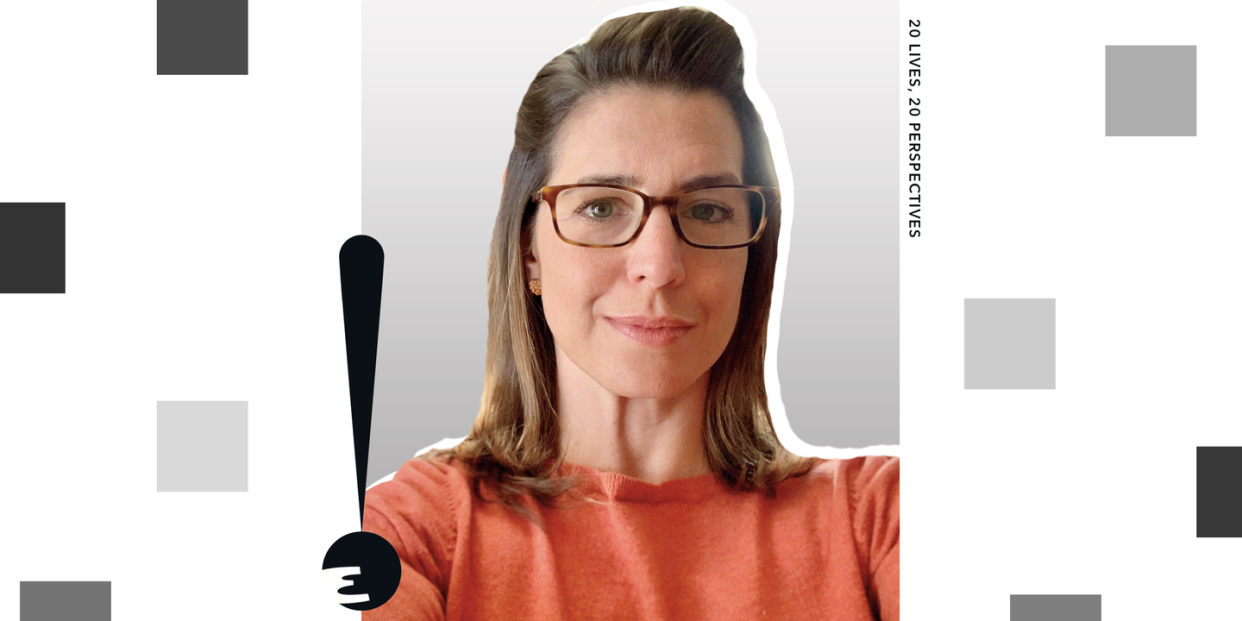Anxiety Is a Voice That Needs to Be Heard, Not a Problem That Needs to Be Solved


The coronavirus pandemic has already altered daily life beyond recognition. It will shape our lives for years to come, mostly in ways that are impossible to predict, let alone understand. Esquire asked twenty people to share their experiences in the first few months of the outbreak. Each of their first-person accounts is a reassurance that none of us are facing this alone. Check out the full list here.
I do not feel like I’m on the front lines. I’m in the medic tent that’s away from the front lines, a safe haven for those who are.
I try to help move my clients from anxiety to fear. Lots of people have said, “I’m really anxious.” But almost no one says, “I’m scared.” It’s such a vulnerable experience. Saying that takes a lot of courage.

The way I practice, and how I see the world, anxiety is not an emotion. Anxiety is a cognitive process—thoughts, thoughts, thoughts—that keeps us out of touch with our emotions. Down here [gestures at chest] is where we can get grounded, stabilize. Up here [gestures at head], we tend to stay in the storm.
Percentage of Americans who say the pandemic has impacted their mental health: 45%
During the first week of true social distancing, most of my clients were saying, “I’m not worried about me. I’ll be fine.” There was tons of anxiety, but it was outwardly focused. “I’m worried for all of those people.” I was so surprised. No one came to my virtual office saying, “I need to talk about my fear of mortality.” They were running from it. When I would press, as uncomfortable as that was, it was such a huge relief.
Anxiety is not a problem that needs solving; it’s a voice that needs to be heard.

Do I take my own advice? I try to, and I fail all the time. I am a human being. I suffer from the humanity of myself, just like my clients do. This is a reminder that neither of us has the answers and that there isn’t anything that will rescue either one of us from this. But also, we’re together in this moment.
I’m learning a new level of . . . not self-reliance, but resilience. There’s not a sense of “I got this.” It’s more like “I don’t got this, and I will still be okay.”
You Might Also Like
